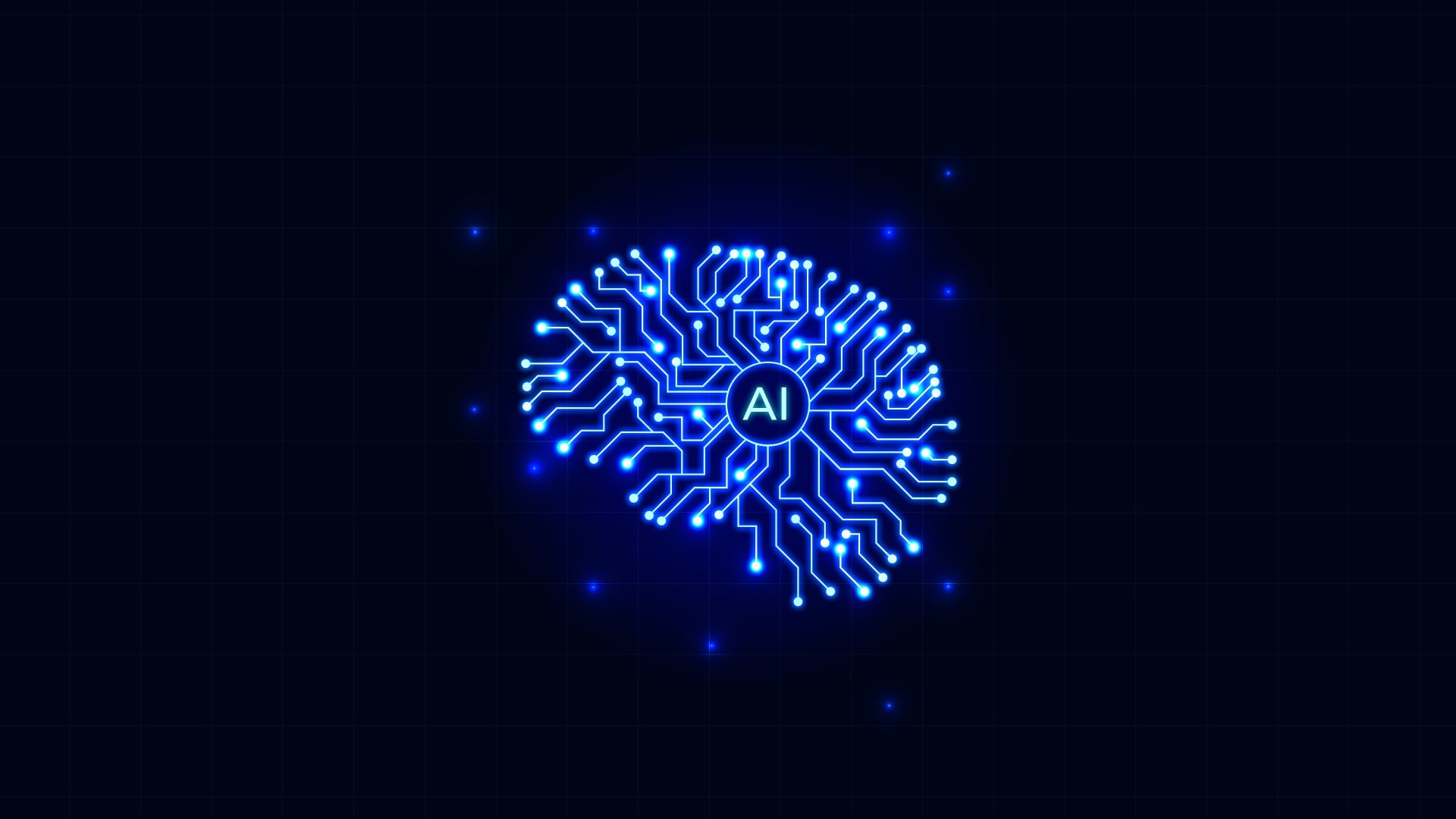AI in Mental Health Care

Artificial Intelligence (AI) is transforming mental health care, offering new ways to enhance therapy outcomes, diagnosis accuracy, and treatment personalization. As AI becomes more integrated into health services, it promises significant advancements but also poses unique challenges and ethical considerations.

Enhancing Therapy and Diagnosis
AI technologies significantly refine the diagnostic process, matching patients with optimal treatments and therapies. By analyzing vast datasets, AI can uncover patterns that may elude human clinicians, thus enabling earlier and more accurate diagnoses of mental health conditions. This capability not only aids in rapid and precise diagnosis but also optimizes therapist workloads by automating routine tasks, thereby allowing professionals to focus more on direct patient care.
Cognitive Behavioral Therapy (CBT)
The application of AI in CBT illustrates its potential to support and enhance existing treatment frameworks. AI-powered platforms deliver CBT in more interactive and personalized ways, aiding patients in managing various psychological issues effectively. These platforms adapt to the unique needs of individuals, offering tailored therapeutic interventions that can lead to better outcomes.
Global and Regional Mental Health Statistics
Globally, depression affects between 251 to 310 million people, showcasing substantial variability across countries, with some European nations reporting a depression prevalence of about 5% among their populations. In Europe, mental and behavioral disorders related to substance use are a major concern, leading to significant healthcare utilization and impact. In the United States, states like Utah, Oregon, and West Virginia exhibit the highest rates of mental illness, with approximately 18.57% of American adults experiencing mental health issues, and severe mental illness affecting about 4.38% of the adult population.
Trends in Mental Health
The mental health landscape is marked by several key trends:
- Youth Mental Health: There is a noticeable decline in youth mental health, emphasizing the need for effective support systems and interventions.
- Adult Mental Health: While the prevalence of mental health issues in adults remains relatively stable, there is an increase in suicidal ideation, which underscores the critical need for enhanced suicide prevention and support measures.
- Substance Use Disorders: Both youth and adults show a reduction in substance use disorders, indicating progress in this critical area of public health.
Challenges and Ethical Considerations
Despite the benefits, the integration of AI into mental health services is not without challenges. The impersonal nature of AI could potentially undermine the therapeutic relationship, which is crucial for effective treatment. There are also significant concerns regarding data privacy, potential biases in AI algorithms, and the risk of misdiagnoses or inappropriate treatment recommendations without proper oversight. These issues necessitate stringent ethical standards and robust regulatory frameworks to ensure the efficacy and trustworthiness of AI applications in mental health.
Implementation Challenges
The integration of AI into existing healthcare systems presents logistical and technical challenges that need careful management to prevent disruptions. Moreover, the cultural and societal acceptance of AI varies widely, influenced by attitudes towards technology and perceived risks, especially in sensitive areas such as mental health.
The Future of AI in Mental Health
Looking forward, the role of AI in mental health practices is expected to grow, driven by technological advancements and increasing demand for mental health services. AI has the potential to significantly alter how mental health care is delivered, making services more accessible and tailored to individual needs.
In conclusion, AI holds great promise for enhancing mental health care, capable of improving both the efficiency and effectiveness of treatments. However, it is imperative to carefully navigate its challenges to fully realize its potential benefits while safeguarding patient welfare. This balanced approach will ensure that AI continues to serve as a beneficial tool in the complex field of mental health, supporting and improving global mental health outcomes.




